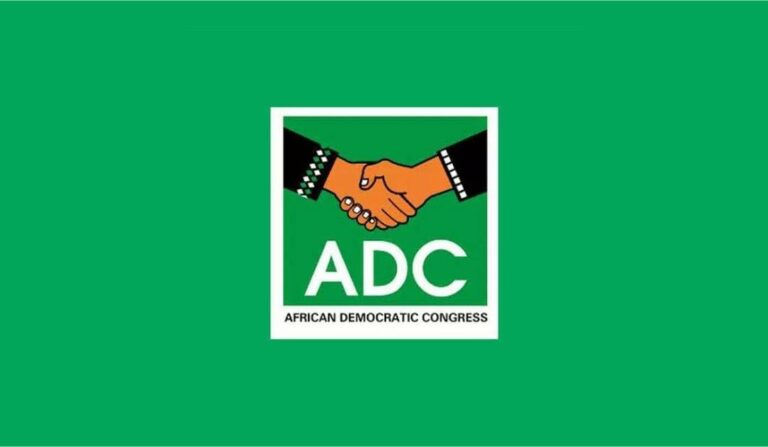Opposition coalition adopts ADC for 2027 elections….what you need to know

In a decisive political move, Nigeria’s leading opposition coalition, featuring Atiku Abubakar, Peter Obi, Nasir El‑Rufai, Rotimi Amaechi, and others, has formally adopted the African Democratic Congress (ADC) as its platform for the 2027 general elections. Former Senate President David Mark was appointed interim National Chairman, with ex‑Osun Governor Rauf Aregbesola as National Secretary, signaling a united front against the ruling APC.
Why ADC Was Chosen
Interim ADC chairman David Mark emphasized that the coalition’s move “transcends a quest for political power” and is aimed at “rebuilding Nigeria’s democratic institutions”. ADC offered a ready-made, registered party structure, unlike the proposed All Democratic Alliance (ADA), whose INEC registration remains pending, making ADC a practical choice.
Interim Leadership Appointments
At the Abuja unveiling event, David Mark was named interim National Chairman while Aregbesola accepted the role of National Secretary following initial hesitation. Former Sports Minister Bolaji Abdullahi was also named interim spokesperson. ADC founder Ralph Nwosu stepped aside to allow this transitional leadership to take charge.
Opposition Heavyweights Support
The ADC adoption was attended by major figures including Atiku Abubakar (PDP), Peter Obi (LP), Rotimi Amaechi, and Nasir El‑Rufai. Northern PDP leaders also voiced endorsement, positioning ADC as a genuinely national coalition.
Internal Tensions Surface
Some ADC members expressed discontent, accusing the leadership transition of being unconstitutional and driven by elites rather than party consensus. These internal divisions could pose risks if not adequately managed.
What It Means for 2027 Elections
With ADC as its political vehicle, the opposition coalition is positioned to compete in all 36 states and the Federal Capital Territory using an existing national party structure. The coalition remains open to continuing ADA’s registration, showcasing flexibility in its long-term strategy.
Challenges Ahead
The newly formed coalition faces multiple challenges: integrating diverse party interests, managing internal dissent, and countering APC’s narrative. The ruling party has already dismissed the coalition, calling it “dead on arrival,” setting the stage for a contested political battleground.
By adopting the ADC and unveiling prominent interim leaders, Nigeria’s opposition has signaled a serious bid to challenge the APC in 2027. Whether they can maintain unity, resolve internal conflicts, and mobilize voters remains to be seen. One thing is clear: with ADC in the spotlight, the next election promises to be fiercely contested.
READ MORE
Can opposition coalition stop APC in 2027 general elections?

